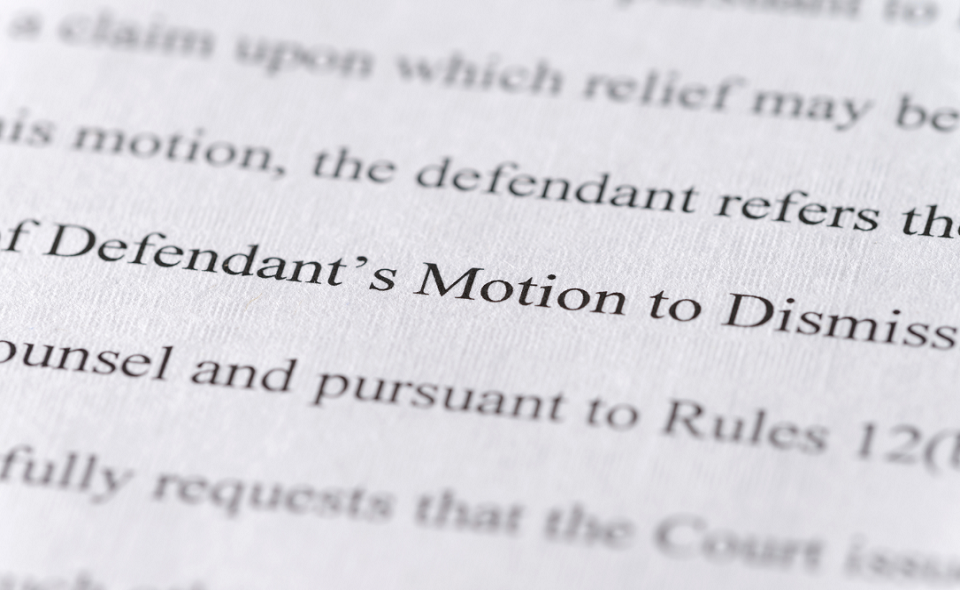Plaintiffs answer Postle’s protests
The dueling court filings continued this month in the lawsuit against poker player Mike Postle and his co-defendants, Justin Kuraitis and King’s Casino LLC, the parent company of Stones Gambling Hall.
On April 28, plantiffs’ counsel, Maurice “Mac” B. Verstandig, filed two documents. The first was a motion for sanctions against Postle relating to documents Postle himself filed in the case. The second was a counter to the defendant’s motion to dismiss.
Postle’s incredible winning streak was pointed out in episodes of Stones Live streams
The civil case goes back to October 2019, when 25 poker players initially sued Postle, Kuraitis, and King’s Casino LLC, alleging Postle cheated during cash games at Stones Gambling Hall. Allegations picked up shortly before the suit was filed when Postle’s incredible winning streak was pointed out in episodes of Stones Live streams.
There are now almost 100 plaintiffs attached to the suit.
Does Postle have a ghostwriter?
In the motion to impose sanctions on Postle, plaintiffs cite Rule 11 of the Federal Rules of Civil Procedure. According to PokerNews, plaintiffs’ attorneys accuse Postle, who is representing himself, of filing documents written by someone else, but signed by him.
“Unfortunately, it now appears his approach to this litigation is identical, as he purports to be a pro se litigant but is, in fact, having his court papers ghostwritten by one or more unidentified attorneys,” a particularly scathing portion of the filing alleges.
The filing compares Postle’s motion to dismiss to one filed by William Portanova in a different case. Portanova told the Sacramento Bee in October 2019 that he was Postle’s lawyer. He even referred to Postle as his client in a December conversation with Verstandig, but later said he was not Postle’s attorney, noting that he is only a criminal lawyer and that this case is a civil matter.
The plaintiffs’ filing admits that someone who is not a lawyer could conceivably do their research and put together solid motions, but
their citations are rarely as precise as those of Mr. Postle.”
Motion to dismiss contested
In the second filing, plaintiffs challenge Postle’s motion to dismiss. One of Postle’s points is that under California law, he cannot be sued for “negligence per se,” which means that what he did is automatically deemed negligence under the law. The plaintiffs’ side presented case law, arguing that by cheating in poker, he is inherently liable to the other players.
Similarly, attorneys cited case law to counter Postle’s argument that he could not be sued for unjust enrichment.
Postle also claims that specific requirements were not met by the plaintiffs when accusing him of fraud. In particular, he says that the lawsuit does not take into account every hand that he played at Stones, instead focusing on just the hands the plaintiffs deem as potentially suspicious. Plaintiffs’ attorneys say they have provided plenty of evidence and can present more specific hands in a trial.




